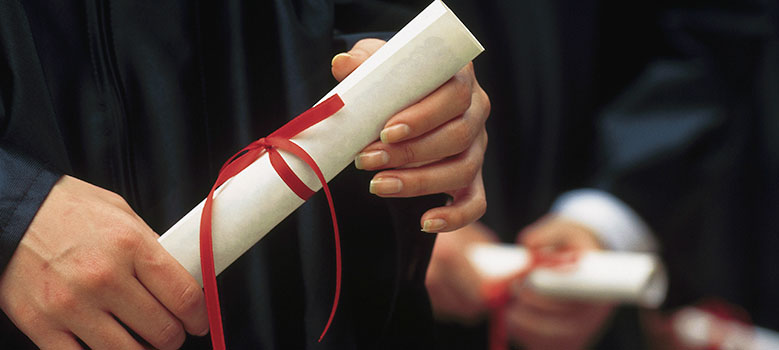2014-2015 CATALOG [ARCHIVED CATALOG]
Courses Offered
|
|
|

A grade of “C” or better is required in all prerequisite courses and in all courses specified by course numbers in the summary of required hours.
Note: Any program directed or technical electives, all Allied Health programs, Associate of Science in Teaching (AST), and Technical Certificates requires “C” or better in all course work.
To assist your search of courses, download a listing of “prefixes” - that corresponds with the college “subject code titles” in the Banner course scheduling system.
|
| |
Electrical/Electronic Engineering Technology |
| |
|
Electrical/Electronic Engineering Technology (DuPont) |
| |
|
| |
|
| |
|
| |
|
| |
|
| |
|
| |
|
| |
|
| |
|
| |
|
Emergency Medical Services A prerequisite to all EA courses is admission into the program in which the course is required. Please consult the brochure for the specific program. All courses shown in the same term are corequisites and all courses shown in the preceding term(s) are prerequisites. |
| |
|
| |
|
| |
|
| |
|
| |
|
| |
|
| |
|
| |
|
| |
|
| |
|
EMT Clinical |
| |
|
| |
|
| |
|
| |
|
| |
|
| |
|
| |
|
| |
|
| |
|
| |
|
| |
|
| |
|
| |
|
| |
|
| |
|
EMT - Paramedic |
| |
|
| |
|
| |
|
Engineering Technology |
| |
|
| |
|
| |
|
| |
|
| |
|
| |
|
| |
|
| |
|
| |
|
| |
|
| |
|
| |
|
| |
|
| |
|
| |
|
| |
|
| |
|
| |
|
| |
|
| |
|
| |
|
| |
|
| |
|
| |
|
| |
|
| |
|
| |
|
| |
|
| |
|
Engineering Transfer (Pre-Engineering) |
| |
|
| |
|
| |
|
| |
|
| |
|
| |
|
| |
|
| |
|
| |
|
| |
|
| |
|
| |
|
| |
|
| |
|
English |
| |
|
| |
|
| |
|
| |
|
| |
|
| |
|
| |
|
| |
|
| |
|
| |
|
| |
|
| |
|
| |
|
| |
|
| |
|
| |
|
| |
|
| |
|
| |
Page: 1
| 2
| 3
| 4
| 5
| 6
| 7
| 8
| 9
| 10
| 11
|
|